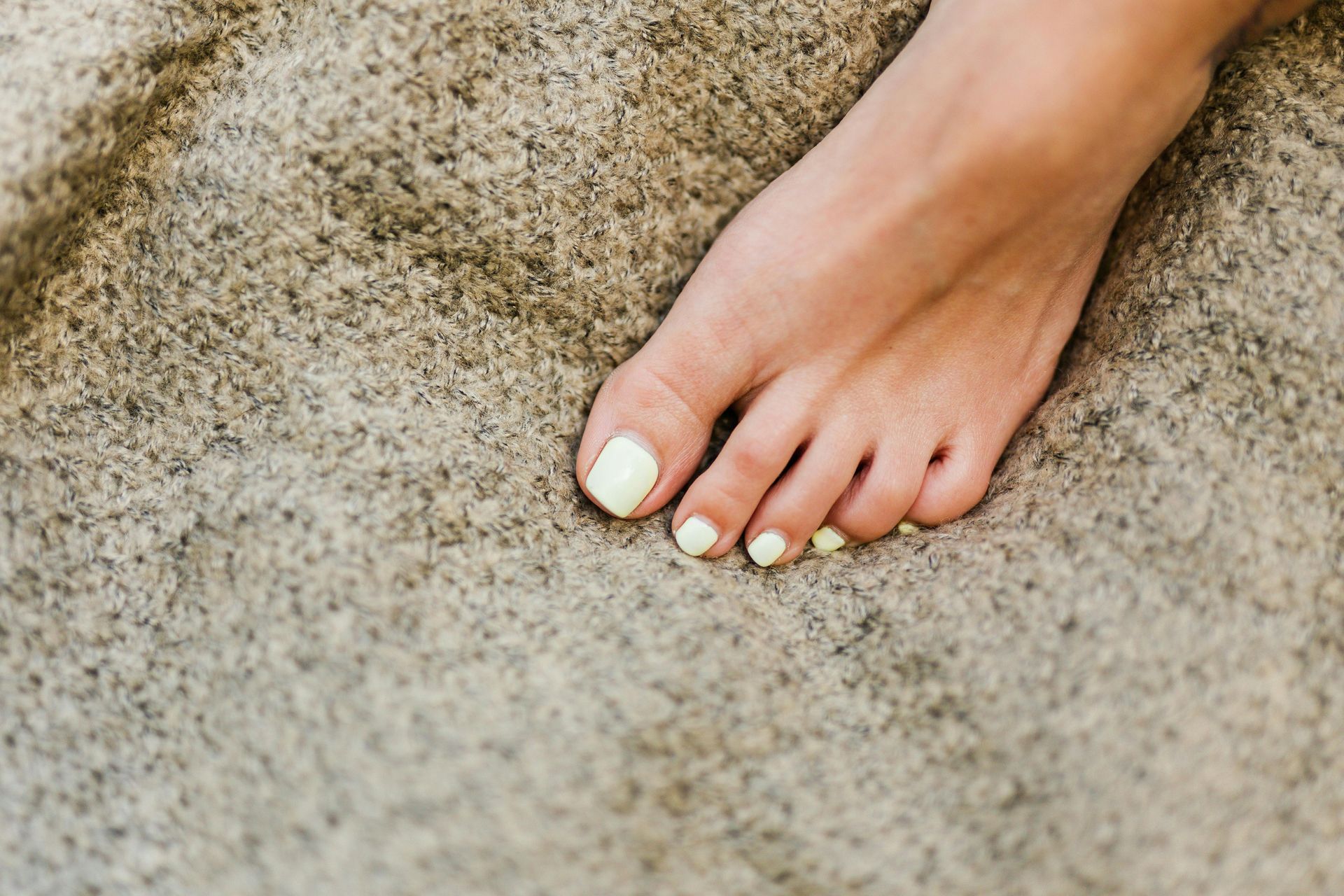How old is your body really?
Introducing the tests you need to know
The seed for this blog was planted, as often happens, by an advert on Insta.
Some ads, as you know, send me flipping outta my chair with the strength of my eye rolls
[I'm talking "melt your belly fat with this 10 minutes of wall Pilates every day. 🤬 Sorry. Gone on a mini-rant. Moving on]
But this one, well, it totally pushed my vanity buttons. It said, upload your picture and let us tell you how old you look.
Of course I did it. I was delighted to find out my eyes look younger than my actual age (thank you sunglasses) and the rest of my face looks my age. Which was OK.
Anyhoooo. It got me thinking because although we show a lot on our faces, actually there are loads of other tests that are more meaningful AND that we should probably all be doing.
Eh? Pardon? What? Say again?
When was the last time you had your hearing checked?
I'm booking in for a test at the same time as my sight check this year. After many, many years of gigs, clubs and, more latterly whacking the volume up to 11 in the studio, I know my hearing isn't what it was.
Hearing loss is very strongly correlated with cognitive decline, so I'm determined to start protecting my hearing more with ear plugs and generally turning the volume down.
Boing! How elastic's your skin?
There are two things you're testing here actually.
First, your level of hydration. If you're dehydrated (which we know has an impact on cognition), your skin will not bounce back as quickly.
So, you may want to make sure you do this test when you're properly hydrated (1.5-1.8l water during the day).
Here it is:
- With your hand relaxed and facing palm down, pinch the skin on the back of your hand and hold for five seconds.
- Release the skin and count the time it takes to completely flatten back out.
How to Score:
- 1-2 seconds (individuals under 30)
- 3-4 (individuals who are 30-44)
- 5-9 (individuals who are 45-50)
- 10-15 (individuals who are 60)
- 35-55 (individuals who are 70+)
Not as good as you'd like? It's time to hit the sun care and again, hydrate!
Up you get!
I would apologise for always making you get up from the floor without using your hands, but I'm completely unrepentant.
The sit-and-rise test is the GOAT and a strong predictor of overall longevity, testing flexibility, muscle strength, power-to-bodyweight ratio and your coordination.
This video shows you how to perform the test and score yourself. Any score over an 8 (meaning you use minimal help from hands/knees) is excellent.
There's also another test where you measure how many times you can sit down and stand up from a chair in sixty seconds without using your hands. In addition to testing 👆🏽 above, this one also tests cardio health.
You need a chair with a back but no armrests and to cross your arms over your chest.
The median number of sit/stands per age group/ gender is:
Age: 30-39 Males 48 Females 41
40-49 Males 43 Females 35
50-59 Males 35 Females 31
60-69 Males 25 Females 26
70-79 Males 23 Females 24
The good news is that you can improve your scores for both sets of sit-stand tests by practicing.
What else can you test?
You might remember I recently also talked about tests for general mobility, balance and cardio vascular health.
You can check those out here.
Why not try those too?










